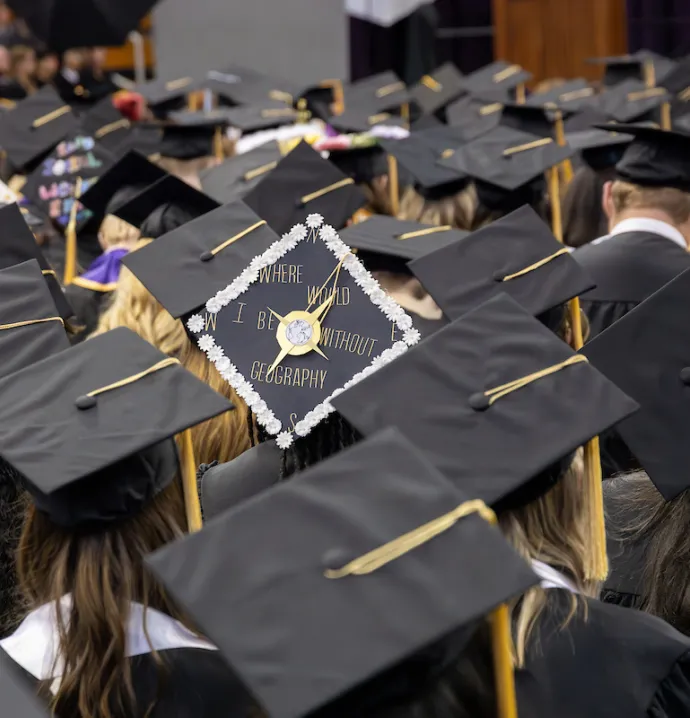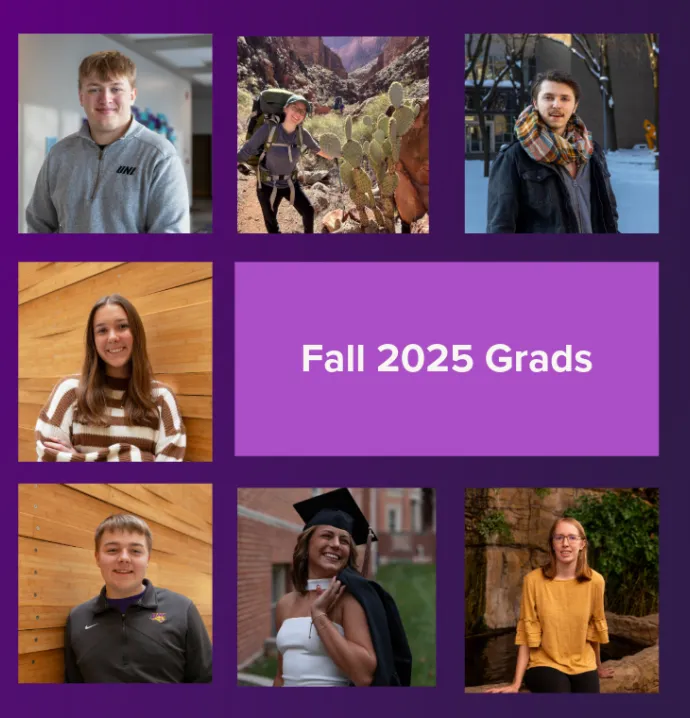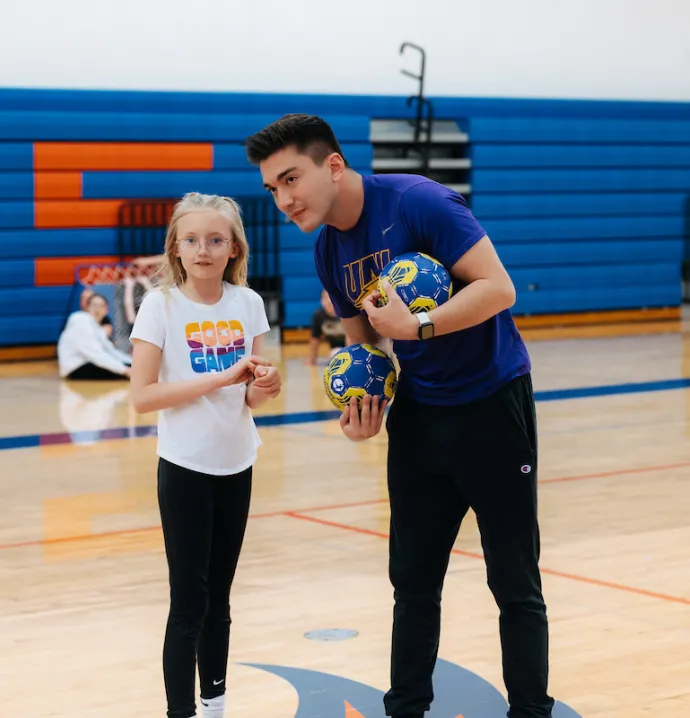Driving change: Jimmy Reyes’ impact on UNI’s nursing program and beyond
Driving change: Jimmy Reyes’ impact on UNI’s nursing program and beyond
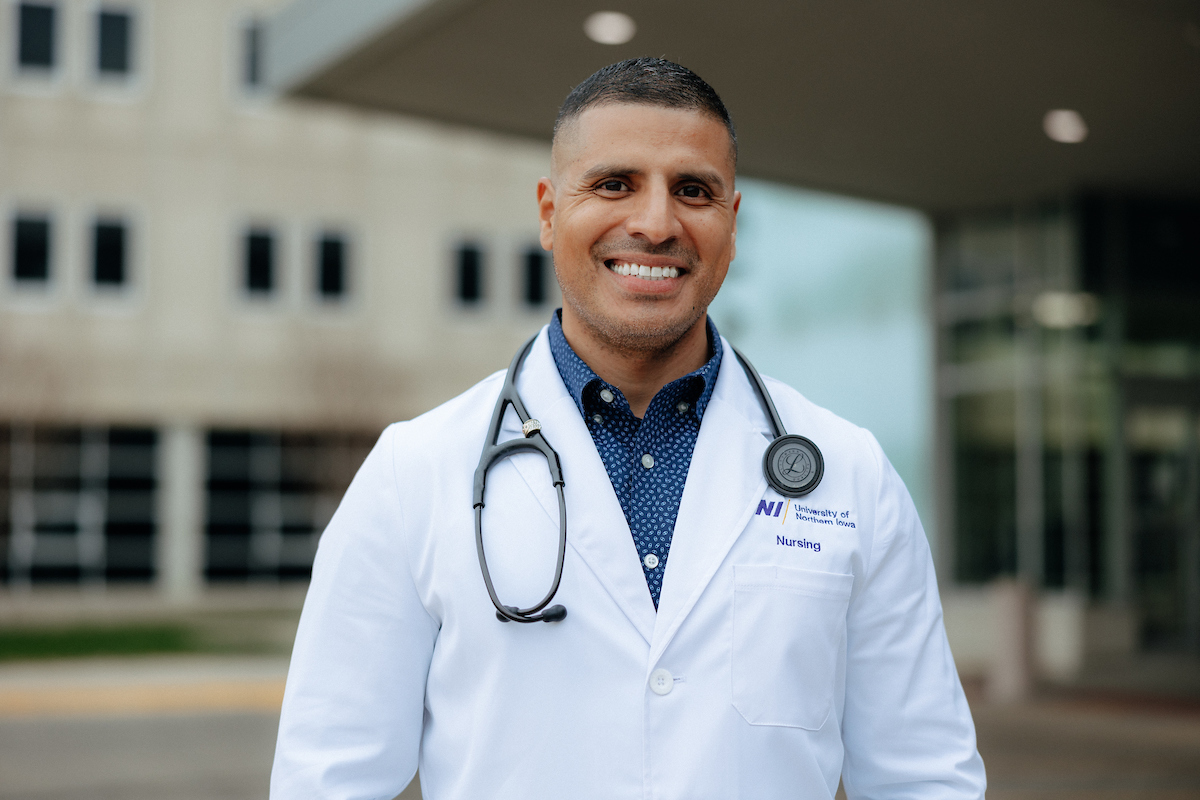
UNI is less than a year away from starting classes in its first standalone Bachelor of Science in Nursing (BSN) program. Jimmy Reyes, a new instructor in the Department of Nursing and Public Health, is hard at work helping to build out the foundation of the program, which has already received accreditation from the Higher Learning Commission. Reyes and other UNI leaders are now focused on earning national nursing accreditation from the Accrediting Commission of Education in Nursing.
Reyes is eager for classes to start. He believes UNI’s nursing major will be extremely valuable for stakeholders in the health care industry who experience difficulty finding brand-new nurses who are practice-ready.
“We want to make sure that our students can graduate and be ready to undertake the challenges of the clinical setting, helping patients with multiple conditions and developing that clinical judgment piece,” said Reyes. “That typically takes about a year, once a nurse graduates. But with our program, the hope is they will be ready upon graduation.”
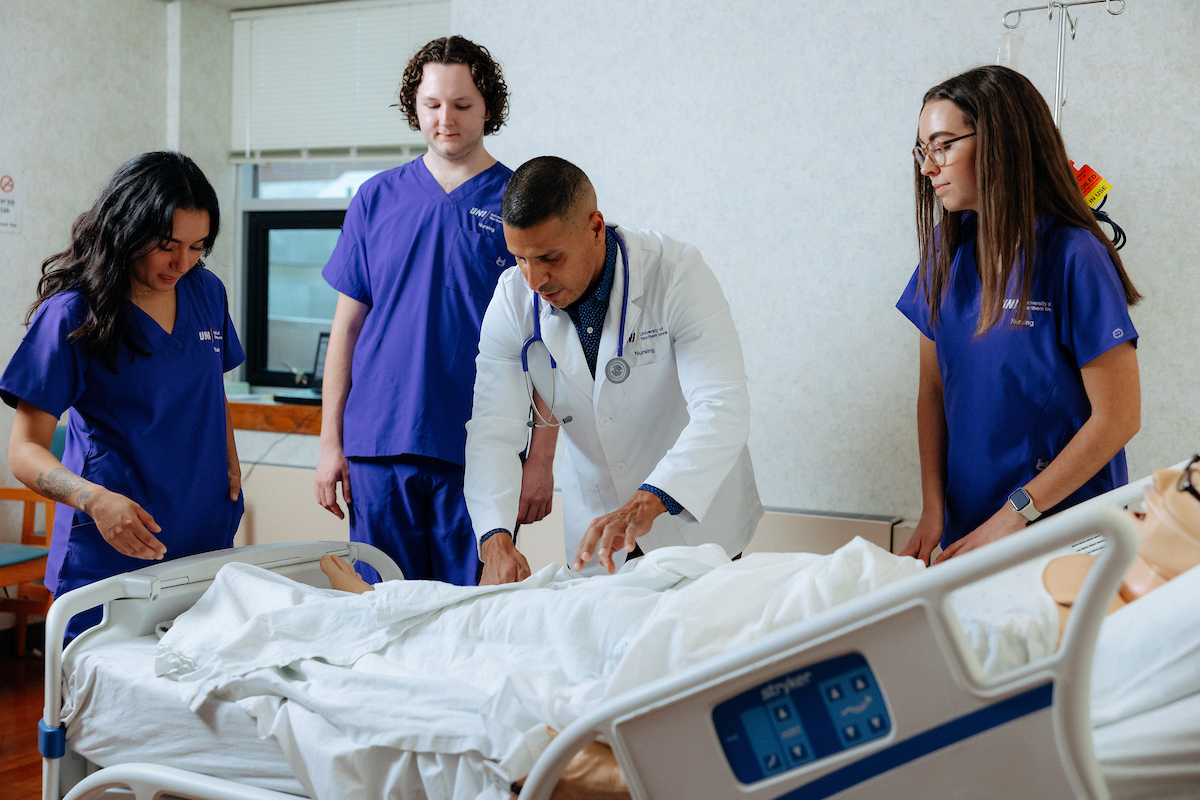
UNI’s BSN coursework will feature plenty of opportunities for hands-on experience. After 10-20 minutes of lecture in the classroom, students will move to the simulation lab for realistic scenarios where they can apply what they just learned, discuss what worked and what didn’t, and then return to the classroom to learn about case studies and the application of content.
Reyes will draw on his 20 years in health care to educate nurses at UNI. Research has been a love of his throughout his career. Most recently, he visited Nigeria to conduct the first phase of research focused on diabetes self-management among underserved and under-resourced communities. The research will be conducted over a four-year period, and Reyes will return to Nigeria each year to continue the project.
The study was inspired by Reyes’ time as a novice nurse working with cancer patients, where he noticed patients with diabetes and high blood pressure tended to have worse patient outcomes than those who did not. Often, their diabetes was poorly managed.
“That was the first thing I saw when I was in the field as a nurse,” said Reyes. “That really impacted me because I felt we could have done so much more to help those patients improve their outcomes. So that's why I have such a strong belief in primary prevention: going to the communities, doing screenings, providing awareness and providing education.”
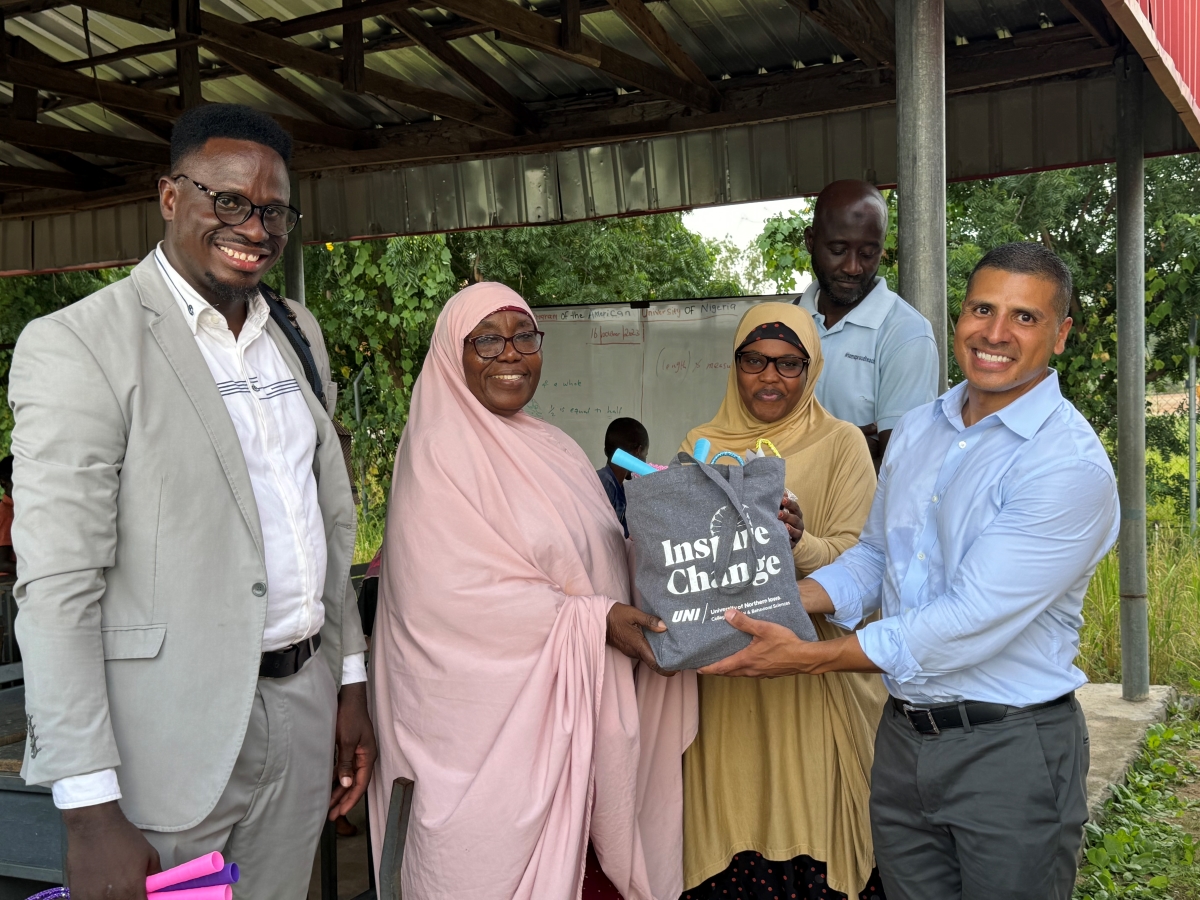
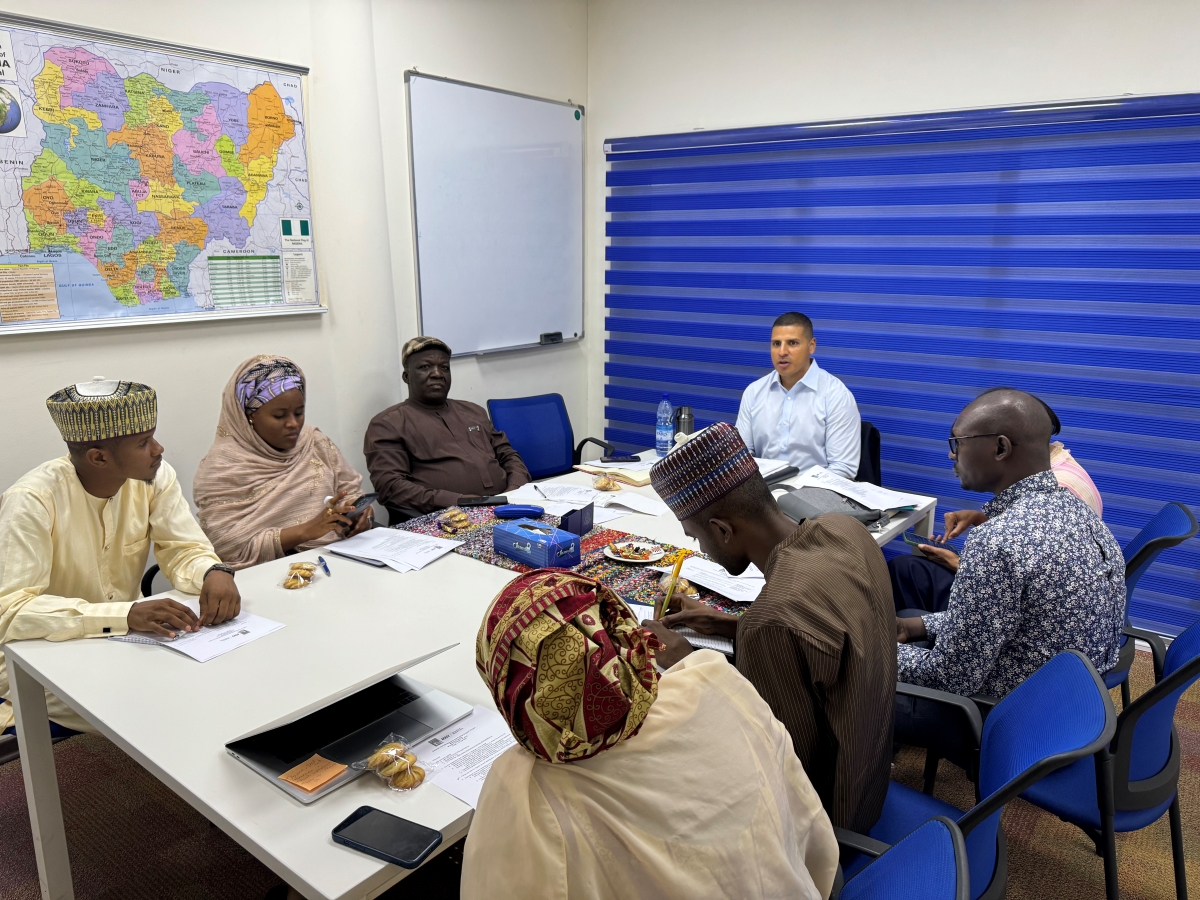
The context of family will be crucial to the research, as Reyes says oftentimes these patients prioritize caring for family members above themselves.
“What I envision is that the intervention will have a family component,” said Reyes. “We’ll be looking at how we can engage family in the management of the patient’s diabetes, so the family is also empowered and has more education. I'm hoping that this research will really help others with diabetes and their families have a better understanding of the disease.”
With people like Reyes at the helm, the future of UNI's nursing program shines brightly, poised to make a significant difference in the field of health care.


